Welcome
I started this blog in 2013 to share my reflections on reading, writing and psychology, along with my journey to become a published novelist. I soon graduated to about twenty book reviews a month and a weekly 99-word story. Ten years later, I've transferred my writing / publication updates to my new website but will continue here with occasional reviews and flash fiction pieces, and maybe the odd personal post.
|
Miguel seems to have won life’s lottery, a beauty from birth. Christina was born into deprivation, but winning the lotto can’t put that right. An Italian translation set in Mexico and coming-of-age story on the Californian coast, these two recent reads explore the ups and downs of being blessed with something many people crave.
2 Comments
Both of these novels defy easy classification, but I’ve chosen to pair them for their themes of the legacy of slavery, or the way in which owning another person demeans us all. In the first, we follow a young man, marked by his unusual appearance, from babyhood in Jamaica shortly before independence to England and back. The second is a translated Argentinian dystopian novel about cannibalism. In both novels, a character, or characters, withhold or are denied their voice.
In what circumstances is it acceptable for women to abandon their traditional roles? What are the consequences if they should do so ill-advisedly? Although these two novels are set in different times and cultures to my own, they raised questions for me as to how far we can safely step out of line. The first novel pays homage to the forgotten women of Ethiopia who took up arms when the country was invaded by Mussolini’s troops. In the second, set in seventeenth century north Norway, the women have no choice but to do the jobs previously carried out by their menfolk when a storm at sea wipes out most of the male population, only for some to find themselves accused of witchcraft a few years later.
In these two novels, a teenage girl needs a safe place to retreat from the world, but the sanctuary she’s chosen won’t easily let her go. In the first, a convent provides shelter to a girl fearful of the consequences of an unplanned pregnancy; in the second, a psychiatric hospital offers a welcome respite from the strain of appearing sane. It’s pure coincidence that the main characters’ names – Dolores and Deborah – begin with the same letter and that both remind me of my forthcoming novel, Matilda Windsor Is Coming Home.
Amid the painful aftermath of the UK ‘people’ voting in our pig in a poke, I had reason to remind myself of the literature on the cognitive advantages biculturalism. While I doubt our new PM possesses the skills or intellect to unite an increasingly polarised country – or even the desire, whatever might spout from his mouth – it’s essential if we’re to avoid civil war as we helter-skelter into economic and climactic ruin. So, although neither of these very disparate novels is primarily about straddling two cultures, I make no apologies for linking them via this theme.
Only in court are we required to tell the truth, the whole truth and nothing but. In our ordinary lives, we stretch, bend and turn it inside out. Not always intentionally, or even consciously, but simply to smooth human interactions and present the best version of ourselves. In the first of these two novels, a Wild-West outlaw needs to create an alter ego to survive, while a frontiers woman needs to revise the details of a family tragedy in order to live with herself. In the second, a lie gives a teenage girl a reprieve from loneliness, and an elderly woman a chance to be heard.
Two translated novels in which the return of a beloved family member, after an unexplained absence, irrevocably alters the situation for those left behind. In the first, the wanderer is a younger brother who left Paris for Syria; in the second, it’s a father who has abandoned his son at their home on an island in the Bay of Naples. Both novels are narrated from the perspective of a motherless male.
Here are two novels in which the narrator looks back on past connections: the first a coming-of-age tale during Ireland’s electrification; the second a writer’s stream-of-consciousness(ish) look at her Tunisian roots. The colour-coordinated covers is pure coincidence. This week’s 99-word story in response to the prompt ‘the greatest gift’ follows my reviews.
While separated by style – the first literary lyrical, the second more off-the-peg – and setting – the first wilderness, the second three cityscapes – these two novels are united by more than a character named Tomas. The main characters of both stories are preoccupied with meticulous observation of the environment: for animal research in Tiger whereas in The Museum of Broken Promises, surveillance might be a more appropriate word. And while the latter is about conserving objects and memories, nature conservation is one of the themes of the first.
Two short novels about vulnerable young women who are psychologically and physically trapped: the first by the locked door to her bedroom; the second by the psychiatric care system. Both women have unusually close bonds with their mothers, potentially cause and consequence of their struggles to relate to their peers. Both encounter difficulties distinguishing fantasy from reality, feel estranged at parties and find life getting both better and worse when they fall for young men. With unreliable narrators, whether they break free of their fetters is left to the reader to decide.
Two novels in which a marriage of a twenty-something man and woman from superficially similar backgrounds shows early signs of strain. In the first, between Muslims in contemporary London, the politics of religion are problematic right from the start; in the second, life gets tough when a new mother follows her journalist husband to a posting in newly-independent Ukraine. All harbour secrets, communication suffers and trust is hard to find. But, with youth on their side, they’ll take something from the experience, whether or not the marriages survive.
I have no hesitation in recommending both of these literary novels, intriguing stories set against the rise of fascism leading up to the Second World War. The first is a coming-of-age story set in Italy and Libya; the second about vested interests in the art world set in Berlin.
Two short novels about doctoring, by authors with direct experience of the profession. The first, set in Egypt, is a semiautobiographical novel first published over half a century ago by one of the world’s most eminent feminists; the second, set in India, is a magic-realism story by a male author (but we won’t hold that against him). By sheer coincidence, neither of these authors names their characters, instead referring to them by role. (At least they don’t distinguish them by diagnoses!)
Two novels about girls in the painful process of growing up. For Australian Justine, in the first novel, adolescence merely exacerbates a lifetime of neglect; for Irish Lani, in the second, it’s the begins of psychological separation from her family as she falls for a local boy.
Two novels about eighteen-year-old women who abandon the advantages of their previous identities to make common cause with oppressed peoples, at great risk to themselves. In the first, set in 2000, Aden travels from a secular society in California to study Islam, and to join the jihad. In the second, set in 1944, Luce leaves her bourgeois family in Italy to experience first-hand the Nazi labour camps. Are these rebellious adolescents idealists or deluded, or a little of both?
Two books about teenage girls forced from their homes in what initially appear to be very different circumstances. In the first, a fourteen-year-old Lithuanian is transported to the Siberian tundra in 1940; in the second, a nineteen-year-old is compulsorily admitted to a psychiatric hospital in mid-1950s England. The first memoir, the second fiction, both books are about the struggle to survive in alien environments.
Young women, invisible even to themselves: My Year of Rest and Relaxation & Pretend I’m Dead31/12/2018 I’m rounding off my reading year with reviews of American novels about women in their mid-20s who are estranged from everything, even themselves. While the first owns two properties and the second cleans other people’s houses for a living, they are equally desperately homeless inside. While the first namedrops designer labels, and the second cleaning products, both bring a light touch to the tragedy of feeling invisible and being insecurely attached.
Amid my musings on identity, I’m fascinated by how religion shapes the someone we might become. Part of the legacy of a Catholic childhood is, for me, a curiosity about the social systems of irrationality, indoctrination and segregation, especially in their extreme forms. What attracts people to such institutions and how do they withdraw? Women Talking addresses the latter question; The Incendiaries the first.
Fictional writers can be tricky on the page; sometimes I suspect a character’s assigned the job because the author’s unfamiliar with more run-of-the-mill kinds of work. But, like anything else that’s slightly iffy, if you’re going to go for it, it’s best to go for it big time. That’s what Irish writer John Boyne does with his larger-than-life antihero Maurice Swift and American Andrew Sean Greer with “failed novelist” Arthur Less, both simultaneously managing to address the wider issues of human vanity and what constitutes a well-lived life.
These two novels translated from Italian couldn’t be more different: a pastoral coming-of-age story in the Italian Alps follows a twisty-turny political thriller in modern-day Rome. Yet together they build a picture of contemporary Italy amid the ruins of the past.
Earlier this year, I reviewed two novels in which disgraced daughters were banished from home. Although not cut off from family, the daughters in these two new novels have an even harder time in their enforced separation from wider society, with a violent father – or his proxy – governing their every move. While in Ghost Wall, Silvie’s participation in the Iron Age re-enactment is temporary, the three sisters in The Water Cure, are persuaded that without their seclusion they would die.
Having decided to pair these novels on the basis of the unlikely friendships I’d gleaned from the blurbs, I was pleased to discover other commonalities that caught my attention more. Both authors bring a female perspective to life on an East Anglian farm, albeit almost a century apart. While Tina Hopgood is in her 60s and Edith Mather only fourteen, both narrators are lonely, despite having family around them, and unsure about their right to choose their own future.
|
entertaining fiction about identity, mental health and social justice
Annecdotal is where real life brushes up against the fictional.
Annecdotist is the blogging persona of Anne Goodwin:
reader, writer, slug-slayer, tramper of moors, recovering psychologist, struggling soprano, author of three fiction books. LATEST POSTS HERE
I don't post to a schedule, but average around ten reviews a month (see here for an alphabetical list), some linked to a weekly flash fiction, plus posts on my WIPs and published books. Your comments are welcome any time any where. Get new posts direct to your inbox ...
or click here …
Popular posts
Categories/Tags
All
Archives
March 2024
BLOGGING COMMUNITIES
|
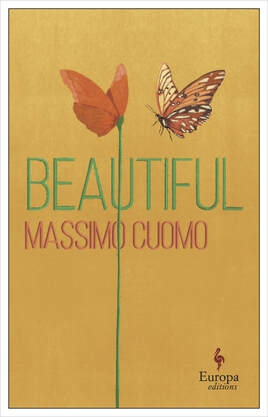
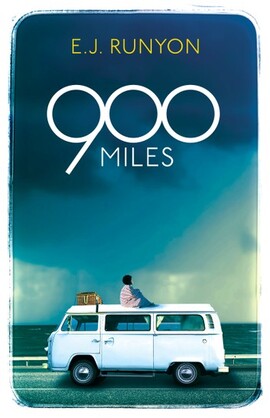
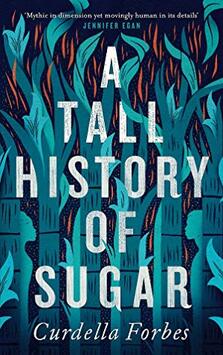
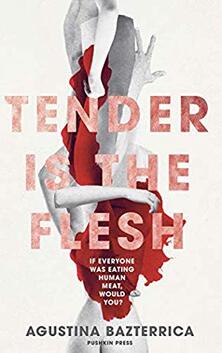
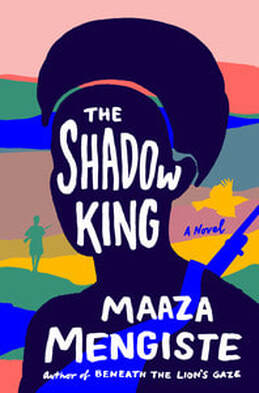
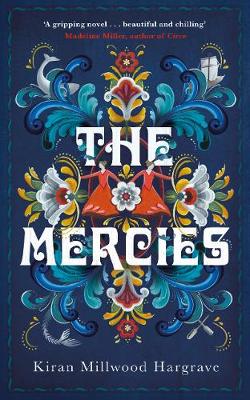

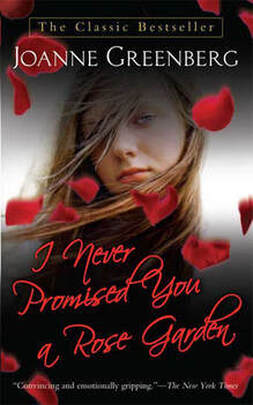

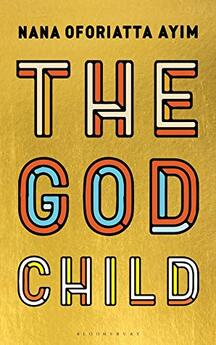

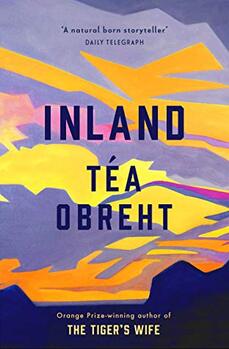
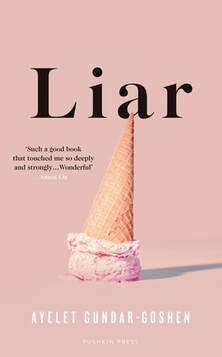
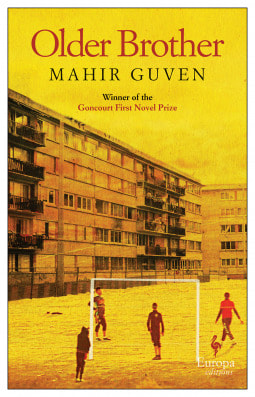
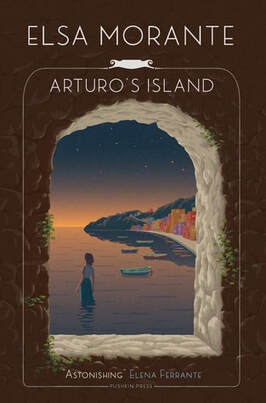
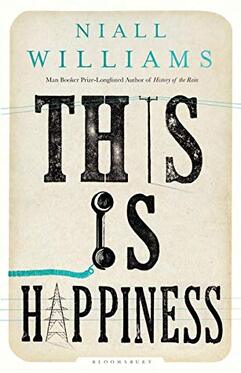
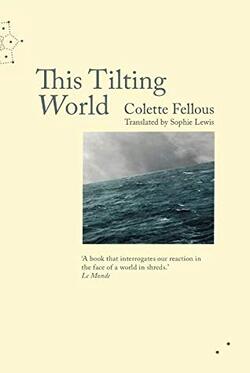
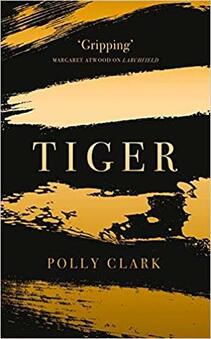
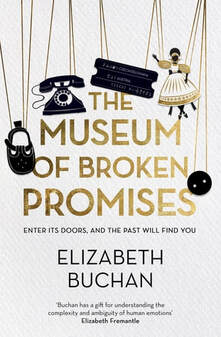
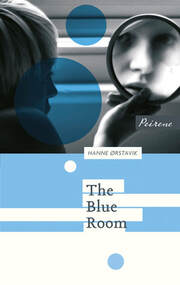

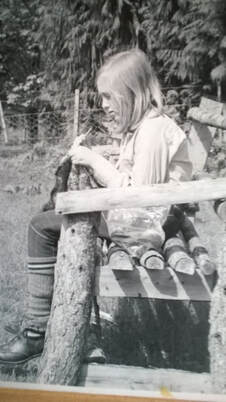
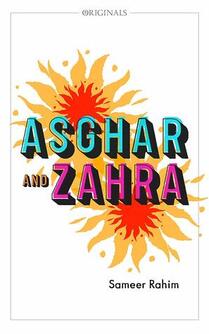
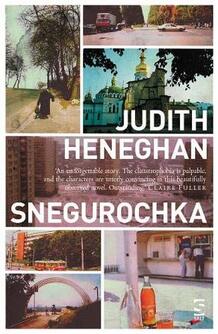
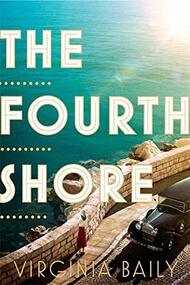
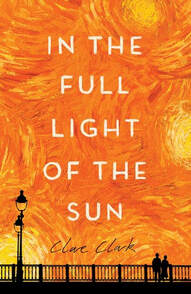
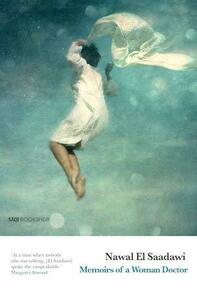
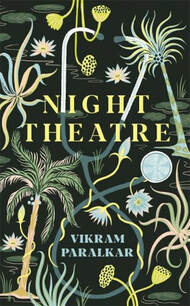
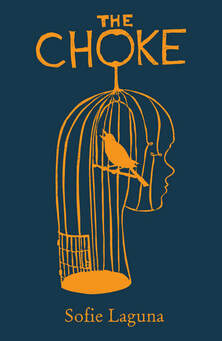
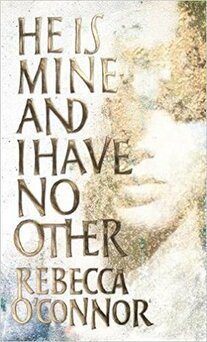
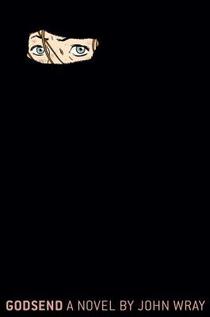
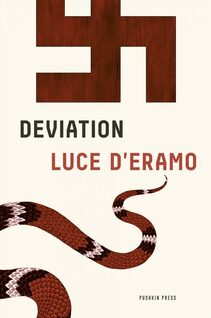
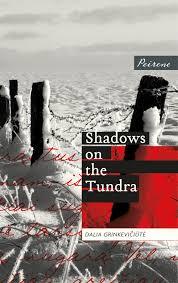
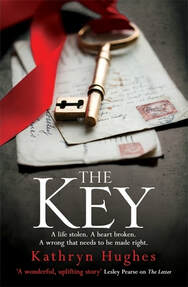
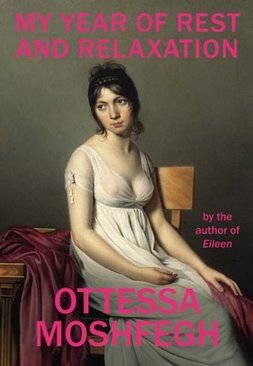
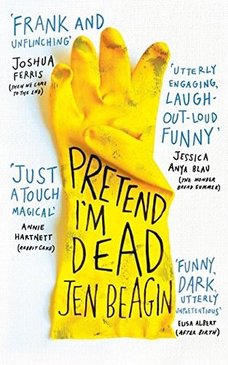
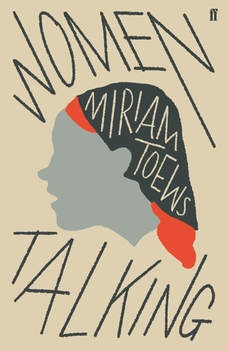
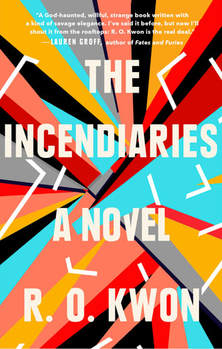
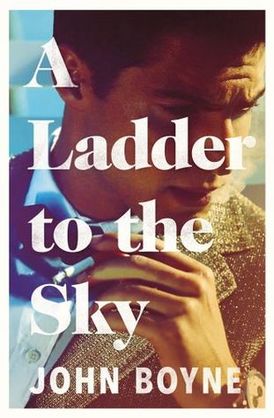
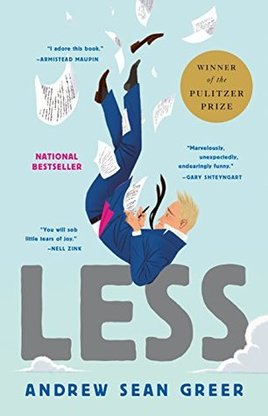

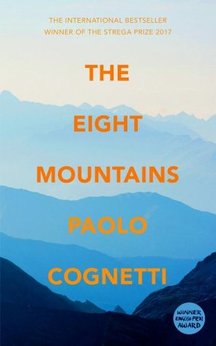

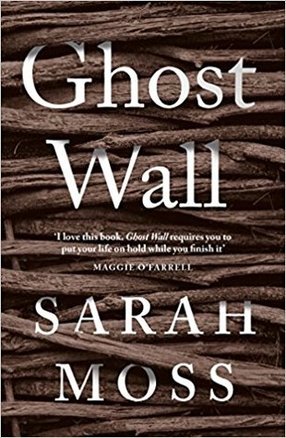
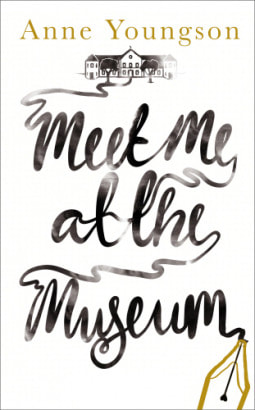
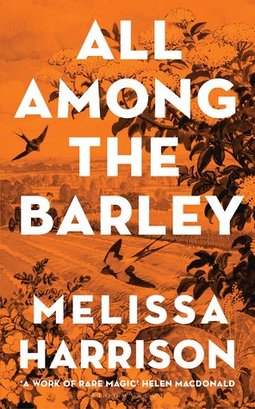






















 RSS Feed
RSS Feed





















